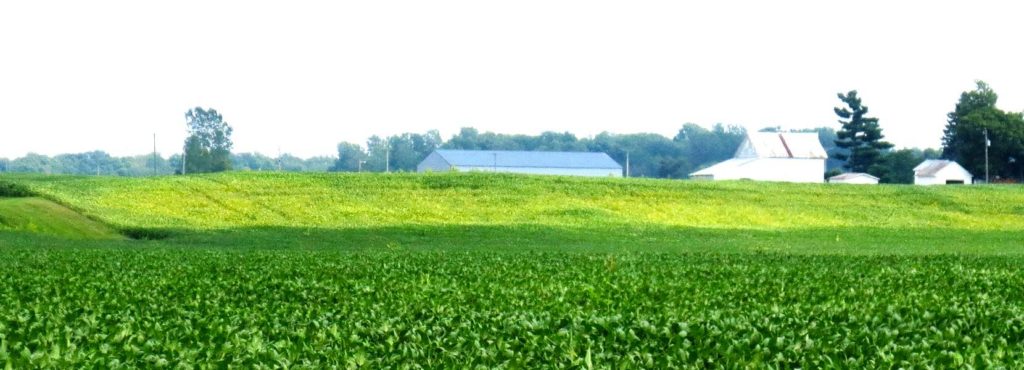New Purdue Extension program helps grain farmers transition to organic production

With organic food sales climbing to a record $43 billion in 2016 — more than 8 percent over the previous year, switching from conventional to organic grain production is becoming increasingly compelling to more Hoosier farmers. Current razor thin margins for conventional grain production also provides another incentive for changing direction.
In Indiana, there have been few resources for farmers who need to understand how to make the transition to organic grain production, but that will change. Purdue researchers received a nearly $200,000 grant from the USDA’s North Central Region Sustainable Agriculture Research and Education Program for a project titled “Organic Transition and Certification: Supporting Indiana Grain Farmers’ Capacity to Meet Market Demand.”
“We’re getting more and more questions from farmers around the state who are looking at the organic marketplace as an opportunity,” said Michael O’Donnell, a Purdue Extension educator in organic and diversified agriculture and program director for the project. “We’re bringing resources and programs into this space where they have been lacking in Indiana.”
The three-year program will include surveys of farmers who have made the transition from conventional to organic grain production, farmers currently making the transition and those who are interested in addressing and exploring potential roadblocks to organic farming. Researchers will also talk to grain buyers about standards for grain, pricing tiers and other factors that are important for growers entering the market.
From there, Extension specialists will spread what they learn through publications, workshops, field days, regional farmer meetings and other venues. A farmer advisory board will guide the process to ensure that that data collected and disseminated is relevant.
Purdue’s Tamara Benjamin, assistant program leader for diversified farming and food systems, and Ariana Torres, an assistant professor of horticulture and landscape architecture and agricultural economics, are collaborating with O’Donnell, along with Indiana University’s James Farmer, assistant professor of recreation, park and tourism studies, and Analena Bruce, post-doctoral research fellow.
“There’s a huge push to sell into the organic markets right now,” Benjamin said. “There’s a lot of pressure, and hopefully this will give the guidance that farmers need to make the transition.”